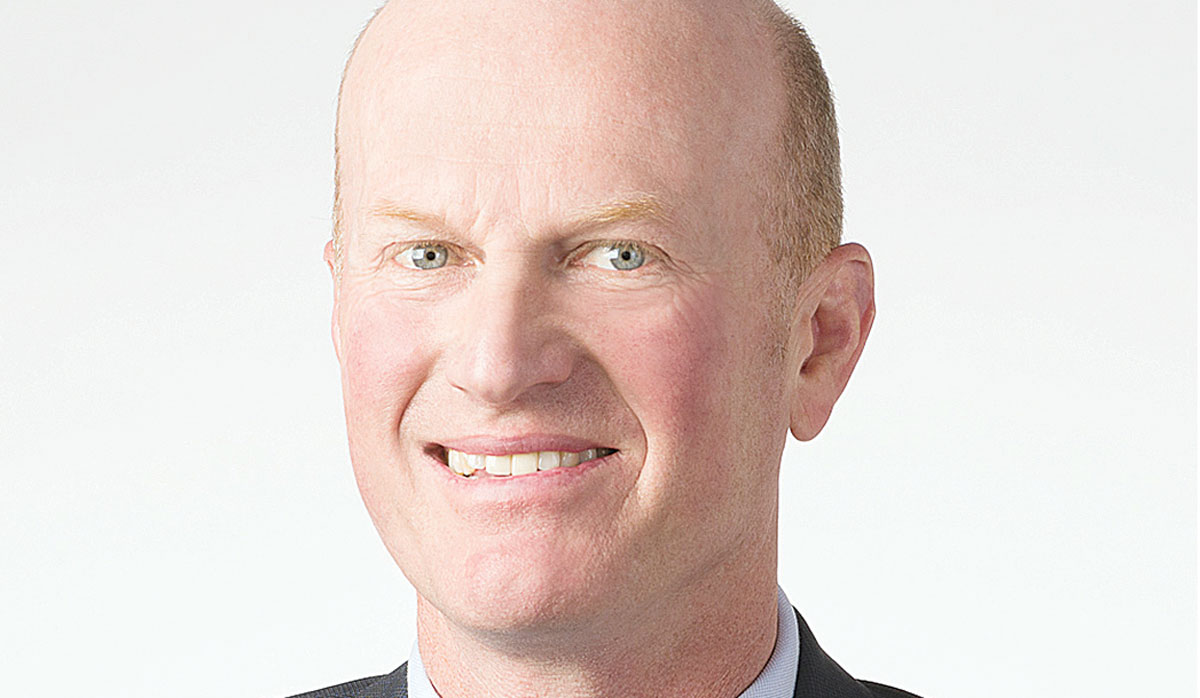Combined voice
The two associations representing NZ's crop protection and animal health industries will merge this month.
Mark Ross, chief executive of Agcarm on the work that goes into providing safe and healthy food to New Zealanders.
What was the last thing you ate? Do you know where it came from, or the journey it took to get to your plate?
When consuming a meal, or creating one, we often think of how the flavours and textures work together, or how our family and friends will enjoy the experience of a meal lovingly created or dutifully thrown together last minute at the end of a busy day.
We often don’t consider the farmers and plant scientists working diligently each day to maintain our nutritious food supply.
Even before the first seed is sown, or animal is conceived, a range of science-based innovation and safeguards are in place to ensure that what ends up on the dinner plate is safe and good to eat.
Some people imagine that food is simple to grow, not considering the multitude of factors that got it through the supply chain and onto the plate. The threats that crops and animals face - from pests and diseases to harsh weather - can ruin a crop harvest or threaten the health of livestock.
Even farmers may be more fixated on weather forecasts, the prospect of a drought or water quality, than the veterinary medicines and agrichemicals - such as antimicrobials and herbicides - needed to ensure an abundant and reliable product to sell. But these tools are critical to farm production, to effectively manage pests and diseases, and grow our primary sector.
Protecting crops from pests and disease increases their quality and quantity, meaning a more abundant supply of less expensive food products, such as fruit and vegetables. Producing more food per hectare also means less destruction to our natural environment.
 |
|---|
|
Chief executive of Agcarm, Mark Ross. |
In New Zealand and overseas, the crop protection and animal medicine industries continue to invest heavily in cutting edge innovations to help farmers protect crops and livestock from pests. Agrichemicals and animal medicines have never been more thoroughly tested and screened to ensure safety as they are today.
In the land of the long white cloud, we are fortunate that all products in our food chain have been thoroughly tested and are safe - something not always guaranteed in other parts of the world. As a New Zealander, I am proud to be part of an agricultural industry that is world-leading in the production of safe, healthy and sustainable food.
So as you relax over the holiday break, consider a reality of food shortages and price increases for basic food. Imagine your supermarket with no food for the barbeque. It’s a dismal prospect. Enjoying a cool beer and grilling a good quality steak (or fake burger patty) in the sun is at the heart of many kiwi festivities at this time of year.
• Mark Ross is chief executive of Agcarm, the industry association for companies that manufacture and distribute crop protection and animal health products.
Global trade has been thrown into another bout of uncertainty following the overnight ruling by US Supreme Court, striking down President Donald Trump's decision to impose additional tariffs on trading partners.
Controls on the movement of fruit and vegetables in the Auckland suburb of Mt Roskill have been lifted.
Fonterra farmer shareholders and unit holders are in line for another payment in April.
Farmers are being encouraged to take a closer look at the refrigerants running inside their on-farm systems, as international and domestic pressure continues to build on high global warming potential (GWP) 400-series refrigerants.
As expected, Fonterra has lifted its 2025-26 forecast farmgate milk price mid-point to $9.50/kgMS.
Bovonic says a return on investment study has found its automated mastitis detection technology, QuadSense, is delivering financial, labour, and animal-health benefits on New Zealand dairy farms worth an estimated $29,547 per season.
OPINION: Staying with politics, with less than nine months to go before the general elections, there’s confusion in the Labour…
OPINION: Winston Peters' tirade against the free trade deal stitched with India may not be all political posturing by the…